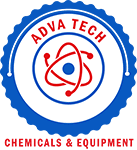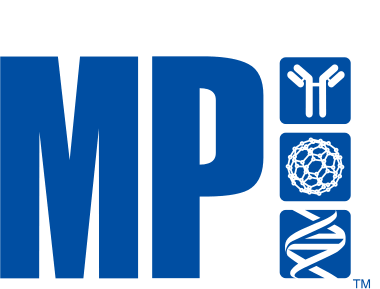Description
The alkyl amino acid L-Leucine is one of the two amino acids that are degraded to give ketone bodies. The metabolism of leucine is started in muscle and it is metabolized to isovaleryl CoA via the synthesis of α-ketoisocaproate. Leucine provide a source of nitrogen for transport to the liver and kidney. A review of the extended leucine biosynthetic pathway in Saccharomyces cerevisiae has been published. The role of the various amino acids in nonproteinogenic pathways has been reviewed. This can be used to detect the activity of branched-chain amino acid aminotransferases. Leucine has been used as a molecular marker in the recovery of DNA from palaeontological samples for PCR analysis. L-Leucine is used in cell culture media and is a component of MEM amino acids solution.


